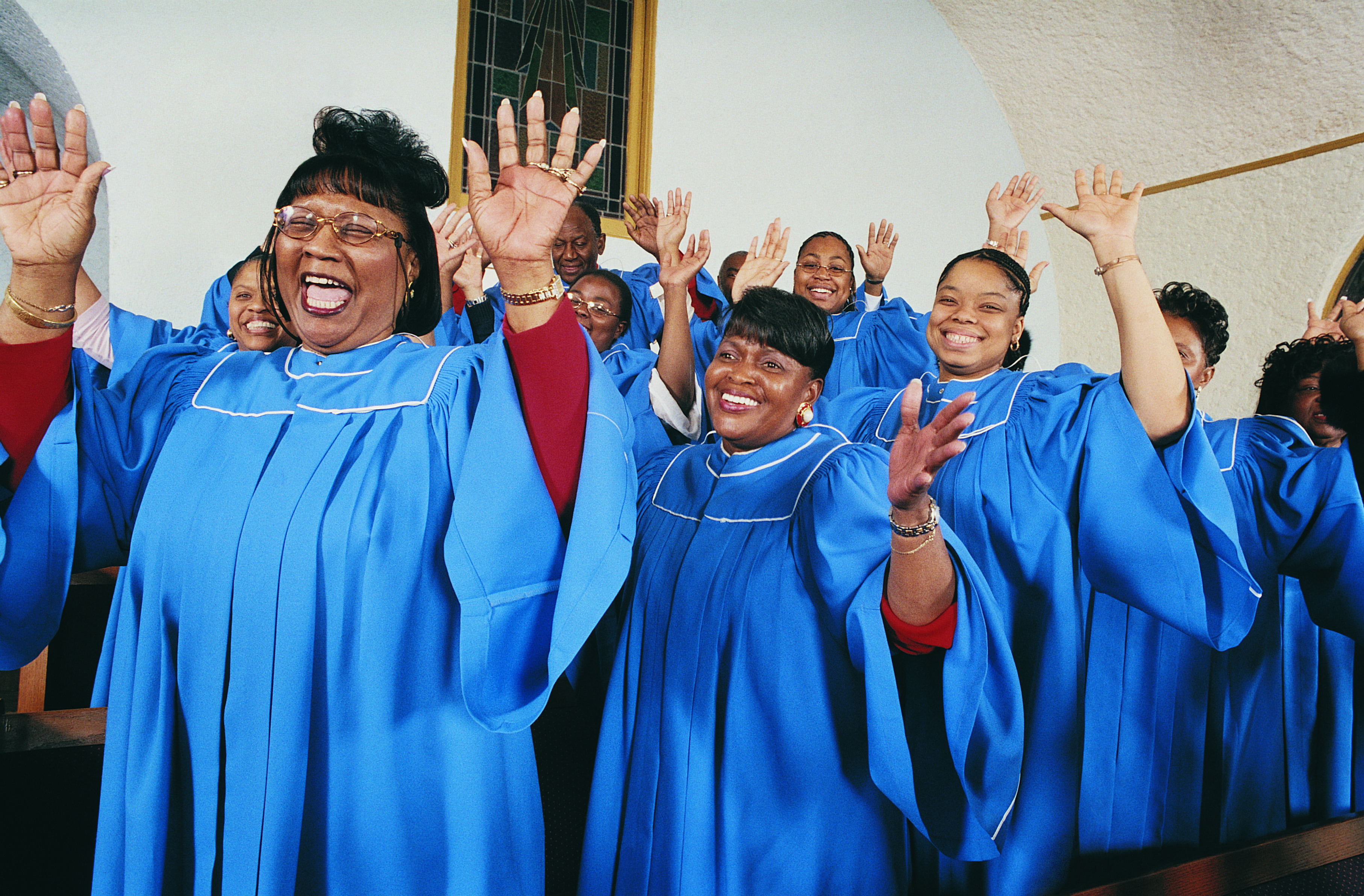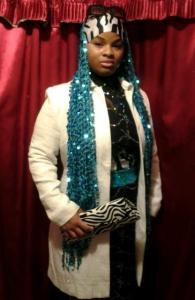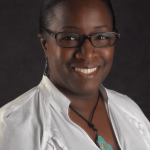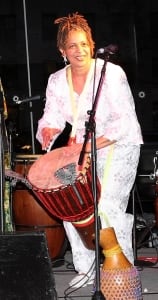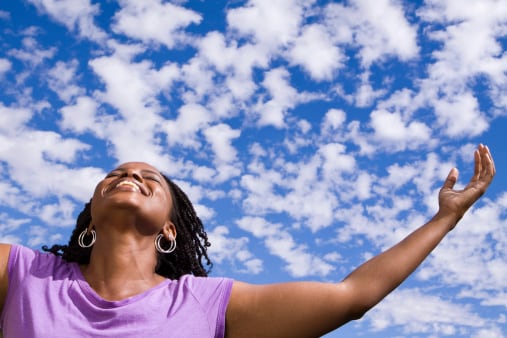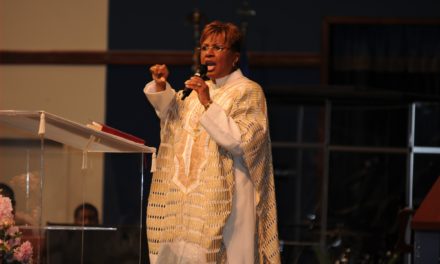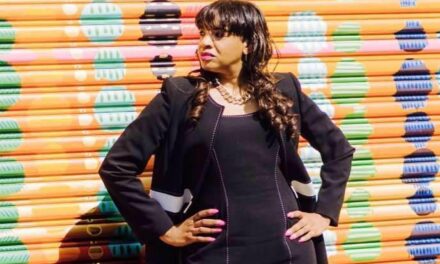As tumultuous as life can be, black women still consider faith to be the cornerstone of their lives, by embracing both traditional and non-traditional paths. For many, their chosen faiths remind them that they have a goal in life, which is to live with purpose. Whether they are Catholic, Hindu or Yoruba, the commonality among black women is that their beliefs enrich their lives. Here are the stories of seven women whose faith is their guide
Olivia Cousins, 64, is Catholic. Her faith reminds her that the mission and purpose of the life she has chosen to live goes far beyond her singular existence on this planet.
“Beyond all of the more challenging doctrines of the Catholic religion is the core of the Catholic faith that connects with a worldwide legacy of working for peace and justice. Whether I am dealing with these issues in my work life or in my personal life, there is the knowledge that this ‘core’ is the same core that runs through most of the faiths that many of us belong to — whether it’s Christianity, Judaism or Muslim. It’s an understanding of the reality that “I am not alone” and that even if the ‘work’ in which I am engaged is uncompleted when I leave this planet, others will step in and up to right wrongs that have occurred and move the world and the place where I have labored that much closer to a peace-filled existence for all.”
Sadiqa Wahhaj, 41, embraces spiritual practice. Being raised in a traditional Muslim household gave her a strong foundation, but she did not feel connected spiritually to the religion and way of life in which she was born. She sought to find a way of life that more suited her stages of growth and development. She learned to meditate through the teachings of the Entering the Holy of the Holies organization, which utilizes five phases of spiritual transformation tools combining group therapy and guided meditation. This led to her association with Siddha Yoga, which includes chanting, meditation, service and retreats.
“My faith and spiritual practice allow me to weather the storms that inevitably arise in my life, and allow me to have hope and a clearer perspective about tomorrow. It is through the integration of my spiritual practice from both paths that I am able to find deeper meaning in my life and a fuller sense of who I am at my core. I understand that I am a spiritual being having a human experience and not just the sum of my physical body. My perspective of life has shifted, and I accept my role to be in service to humanity.”
Hujrah Wahhaj, 32, Sadiqa’s younger sister, was raised in the same household, and today is a devout Muslim. At the tender age of 22, she had a soul-shaking, near-death experience that rocked her entire world. The thought of meeting God face to face without having done anything of significance changed her life.
“My faith in God fills me up so much that I exude light all day, and most people seem to be attracted to it. I have this dynamic relationship with God. Throughout the day, I seek ways of pleasing Him by serving humanity. I am constantly being filled up with the purest form of love; giving without seeking anything else in return other than love and pleasure from God.”
Between the ages of 35 and 50, when Zakiya McGregor’s rheumatoid arthritis began to affect her health negatively, she chose Seventh-day Adventist as her faith. After being invited to a service, she became empowered by the grace of God. She learned that her body was the temple of the Holy Spirit and that she should treat it accordingly. Now 60, she credits her church for her transformation to vegetarianism and helping her avoid the physical deformities that plagued her father.
“Because I believe the Seventh-day Sabbath is the ordained day of worship, I look forward to meeting weekly with my community of like-minded believers on Saturday. It is that special day and my relationship with God that reminds me of what I am and how I should be and how I should reflect a Christ-like demeanor throughout the week. Of course, daily experiences are great tests of my faith, of which I often fail. But I am encouraged and will never give up.”
Vinita Srivastava, 44, is Hindu. Her parents, who are not religious, believe that organized religion can be deadly and that it can cause countless problems in a society. Yet they instilled in her a strong sense of ritual and family, which is why she stayed on her path of faith in order to be strong and happy for her own family.
“I believe that there is a plan and a reason for things happening, and that helps a lot. ‘Everything happens for a reason’ seems like a cliché, but it is very comforting actually when trying to live one’s life in a positive, progressive way. I like to look for moments to be grateful for what I have. I chose to be faithful, because I feel that no other way makes sense. Modern life can be alienating as it is. It is important for me to look at the mountains and the sun and the ocean and to say, ‘I believe in a higher purpose and a higher order of things.’”
Norine Smith, 62, is a Christian who enjoys being in God’s presence through prayer and reading her Bible. She finds peace in the unconditional love of Jesus Christ.
“The Bible says in Romans 5:8, ‘But God demonstrates his own love for use in this: While we were still sinners, Christ died for us.’ No one else has or will ever die for all of my sins. Knowing that all my sins — past, present and future — are forgiven gives me peace. My faith in God gets me though each and every day by the time I spend with Him by reading the Bible, praying for my family, friends and our government and whatever God puts on my heart at that time. I enjoy praying and being in His presence. I get so much peace and joy. I’m a very happy person. I love Him so much.”
Joan Ashley, 56, practices Yoruba. Her faith gives her something to believe in that is bigger than herself and the world. It explains the unexplainable and gives her guidance as she walks through life. Yoruba is a religion formed by combining traditional and spiritual practices of the Yoruba people of West Africa. Their many Orishas are similar to the saints of Catholicism. They serve as intercessors between the world of humanity and the divine, acting on behalf of or against worshippers on Earth.
“I chose this path because it deals with the elements of the earth. I’ve always liked nature, and I go to the water (beach, river, lake, waterfall, mountains) for solace. Yemoja is represented by the ocean. Olokun is at the bottom of the ocean. Osun is represented by the rivers. Obatala is a wise man that lives in the mountains. The different forces of nature and elements of the earth that we experience are represented by the different Orisa. When I came upon the Yoruba beliefs, they just made sense to me. It made the energies of the world tangible. I am a percussionist, and my music led me to the religion, which led me to meditation, which led me to being initiated into Yoruba. I always have Orisa to help me reason, to talk to, to receive answers from.”
Anita M. Samuels is a journalist and author based in New York City.

